20 things we learned about democracy in July 2014
July 2014 was a quieter month for democracy, with things settling down into a lull for the summer. But that doesn’t mean that nothing of note happened, with Sean Kippin bringing you the latest instalment of our 20 things we learned about democracy series, which is once again bursting with choice nuggets of democracy information for your enjoyment.
1. Challenged to a dual (mandate)
Introducing a “dual mandate” system for the European Parliament would see the Conservatives and Labour amongst the parties to see the largest increase in their representation, according to the Managing Editor of Europp – European Politics and Policy, Dr. Stuart Brown. Find out more here.
2. Hanging up his hush puppies
This month was the first time the Conservative party has been in Government without the famous jazz and hush puppy enthusiast Kenneth Clarke serving as a Minister since 1972, following his decision to stand down at the reshuffle. Find out more here.
3. (Re)shuffling the deckchairs
Reshuffles tend to have little impact on the polling position of the governing party, though Gordon Brown has the best record of increasing his poll rating in the immediate wake of carrying one out as Prime Minister. Find out more here.
4. (Tell me why) I don’t like Thursdays
Opinion polls tend to be kinder to Labour on Mondays than those which take place later in the week, meaning a Thursday election could spell good news for the Conservatives. Find out more here.
5. Will I still love EU when I’m 64?
There are big age group differences in support for EU membership and for the European Court of Human Rights, with under-25s supportive, and over-60s hostile to both. Find out more here.
6. Chance wouldn’t necessarily be a fine thing
Randomising order in which names appear on ballot papers isn’t necessarily a good idea – though it depends on where the election is taking place, and what kind of system is in use. Find out more here.
7. Death, destruction, pillage and… Pride?
Despite the questionable (and often violent) means deployed by Britain in creating and maintaining its empire, the British public still find cause to be proud in the British empire. By 59-19% British people say it is something to be proud of rather than something of which we should be ashamed. Find out more here.
8. For the love of money
For a mere £160,000 you can play tennis with the Prime Minister and the Mayor of London, even if you’re associated with a very controversial world leader. Find out more here.
9. The social/business network
For the slightly less princely sum of £250, you can “directly and meaningfully” engage with the the likes of Chief Secretary to the Treasury Danny Alexander in “an atmosphere of “intimacy” as part of the Liberal Democrat Business Network. You’d be mad to say no. Find out more here.
10. A splendid view from the foothills
Despite generally being seen to be relatively powerless and insignificant, junior ministers during the New Labour years tended to enjoy more than just a ‘view from the foothills’, at least according to research from Judi Atkins, Kevin Theakston, and Mark Gill. Find out more here.
11. We’re going to need a bigger House
The House of Lords increased in size by 70 members in 11 years under Tony Blair and Gordon Brown, then a further 120 in 4 years under Cameron 2010-14, according to Meg Russell of UCL’s Constitution Unit. Find out more here.
12. The North remembers
The Prime Minister of The United Kingdom of Great Britain and Northern Ireland doesn’t know the difference between the River Tyne and the River Tees. Which are around 50 miles away from one another. Find out more here.
13. Money’s too tight to (not) mention
The economic situation remains the most important issue facing Europe, at least according to respondents of a recent Eurobarometer survey. Find out more here.
14. Tokenism
A former Conservative ‘A-list’ candidate from the 2010 General Election thinks that All-Women-Shortlists are a bad idea indeed, representing tokenism and a hostility to meritocracy. Find out more here.
15. Striking a blow against striking
The Conservatives apparent proposals to increase the strike-ballot threshold to 50% of eligible voters is above what Boris Johnson (one of the ideas biggest fans), and many MPs and Councillors manage to achieve during recent election cycles. Find out more here.
16. McBitcoin
An independent Scotland could be the perfect testbed for whether a nation can survive using cryptocurrencies instead of fiat money, at least according to a report in the Guardian. Find out more here.
17. Think local, act global
Local civic participation can help reinforce the legitimacy of the democratic system, according to research carried on Democratic Audit by the academic Carolina Johnson. Find out more here.
18. iEngagement
France and the Scandinavian countries are among those which use the internet most to interact with public authorities. Find out more here.
19. Competition drives up (electoral) standards
Competitive elections, according to the US-based academic Helen Evans, are good democracy and create more engaged voters over a longer period of time.
20. The Cabinet is bare
The recent Government reshuffle marked the first time in history that there has not featured the Leader of the House of Lords as a full member of the Cabinet. Find out more here.
—
Note: this post does not represent the views of Democratic Audit or the LSE. Please read our comments policy before posting. The shortened URL for this post is: https://buff.ly/1uDpJjC
—
 Sean Kippin is Managing Editor of Democratic Audit, and is one of two people responsible for DA’s day-to-day management, website, blog and wider output. He has a BA in Politics from the University of Northumbria and an MSc in Political Theory from the LSE. He has worked for MPs Nick Brown and Alex Cunningham, as well as the Smith Institute think tank. He has been at Democratic Audit since June 2013, and can be found on twitter at @se_kip.
Sean Kippin is Managing Editor of Democratic Audit, and is one of two people responsible for DA’s day-to-day management, website, blog and wider output. He has a BA in Politics from the University of Northumbria and an MSc in Political Theory from the LSE. He has worked for MPs Nick Brown and Alex Cunningham, as well as the Smith Institute think tank. He has been at Democratic Audit since June 2013, and can be found on twitter at @se_kip.
—
Image credits: 1) Matthias Ripp, CC BY 2.0: 2) Policy Exchange, CC BY 2.0: 3) Policy Network, CC BY 2.0: 4) Antonio Zugaldia, CC BY 2.0: 5) European People’s Party, CC BY 2.0: 6) Liz West, CC BY 2.0: 7) Eric Fisher, CC BY 2.0: 8) Northern Ireland Office, CC BY 2.0: 9) Cicero Group, CC BY 2.0: 10) summonedbyfells, CC BY 2.0: 11) Pete, CC BY 2.0: 12) Bryn Pinzgauer, CC BY 2.0: 13) David Dennis, CC BY 2.0: 14) Richard Baer, CC BY SA 2.0: 15) Roger Blackwell, CC BY 2.0: 16) Zach Copley, CC BY SA 2.0: 17) Sebastiaan ter Berg, CC BY SA 2.0: 18) itupictures, CC BY 2.0: 19) MarylandGovPics, CC BY 2.0: 20) Primeministergr, CC BY SA 2.0

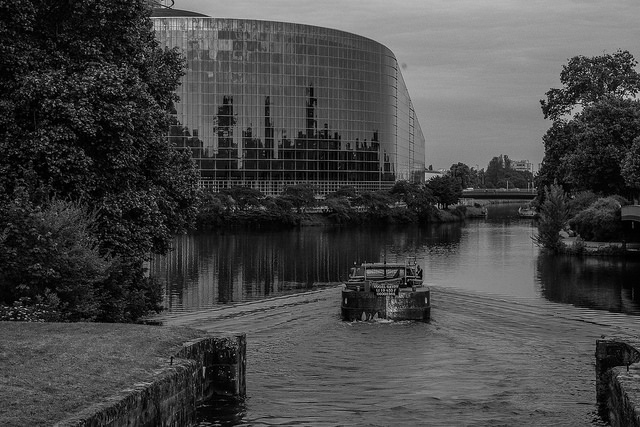
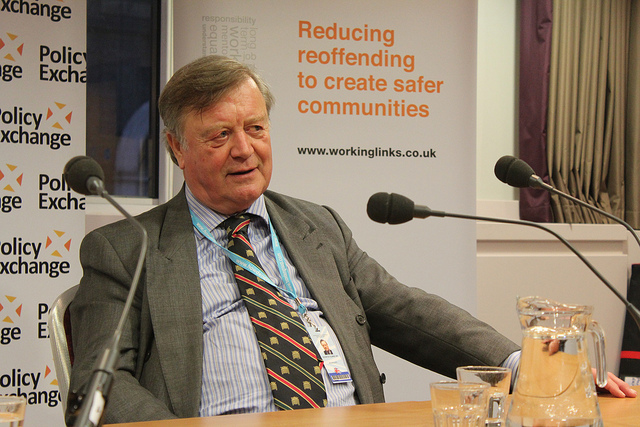
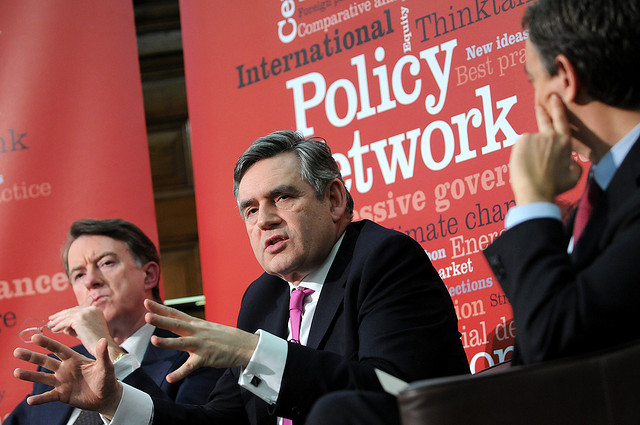
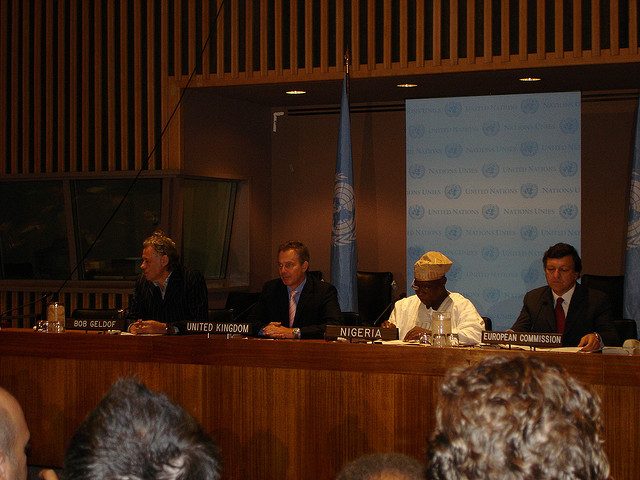
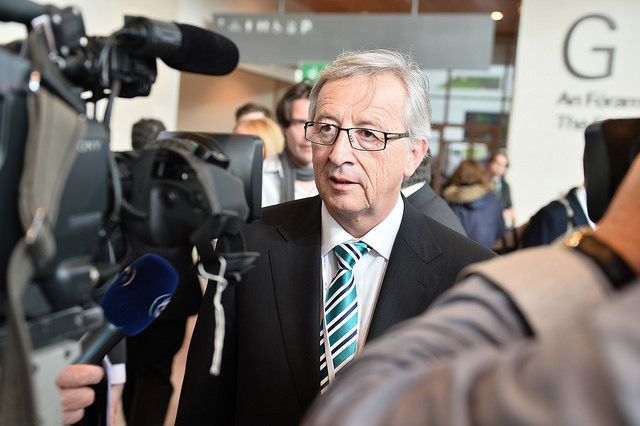
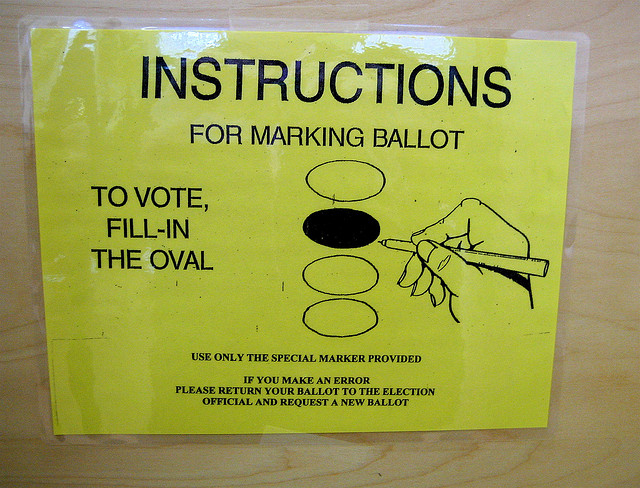
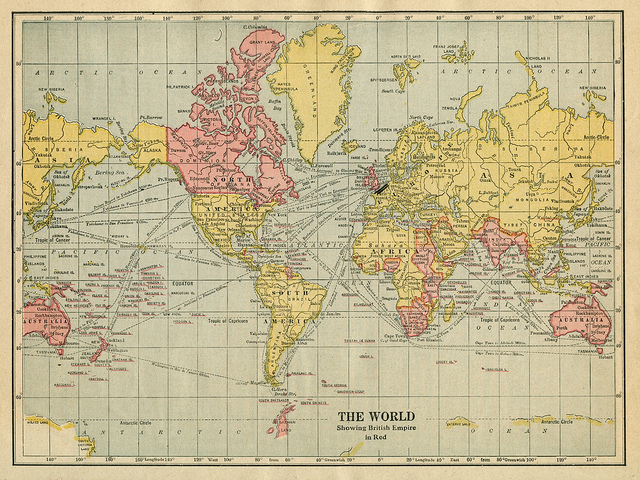
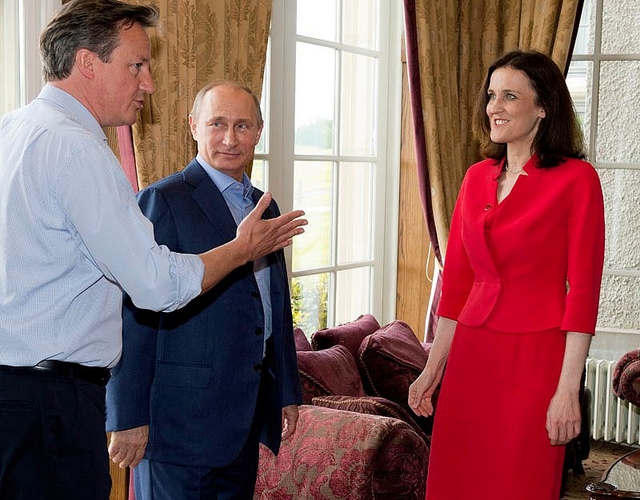
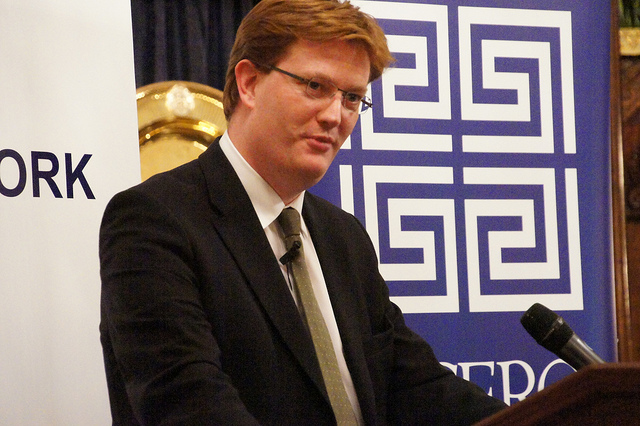
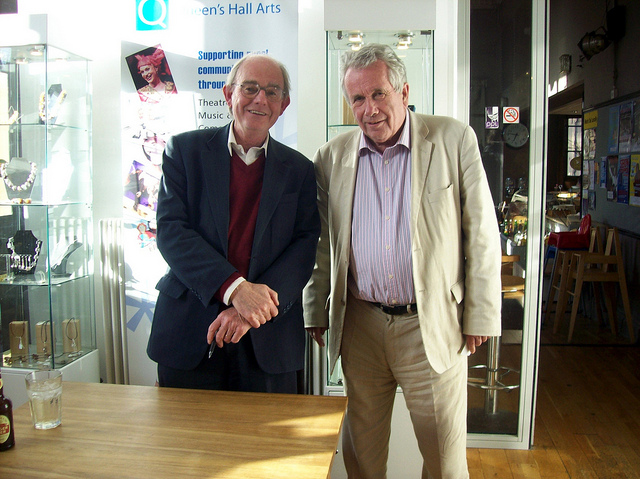
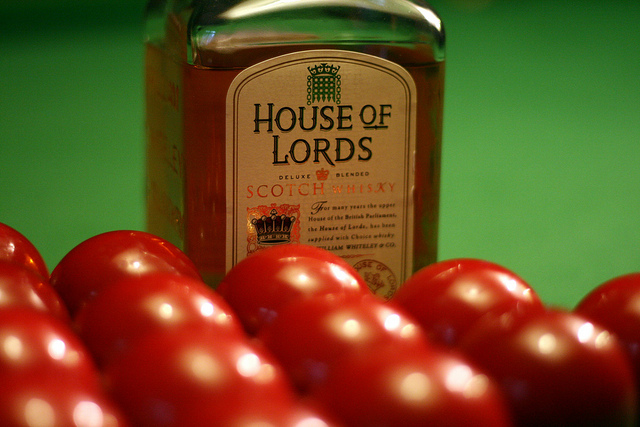
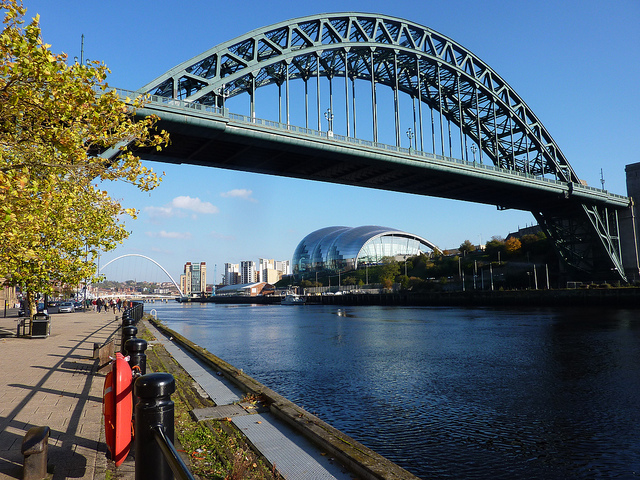
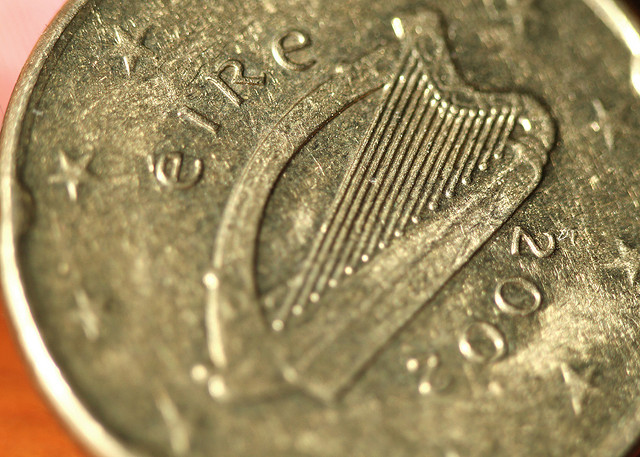
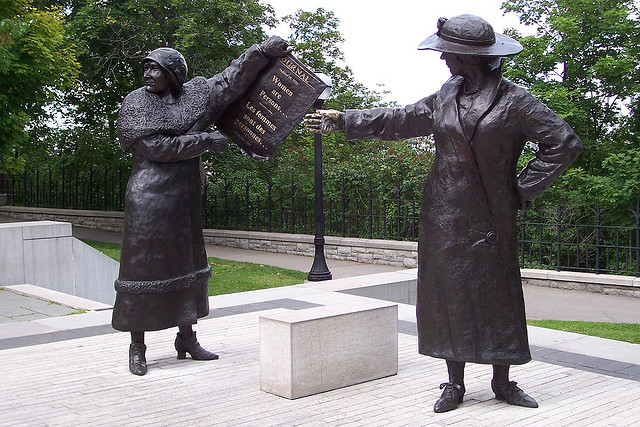
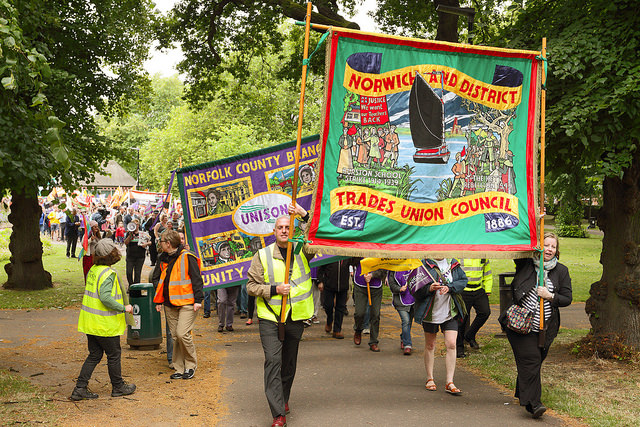

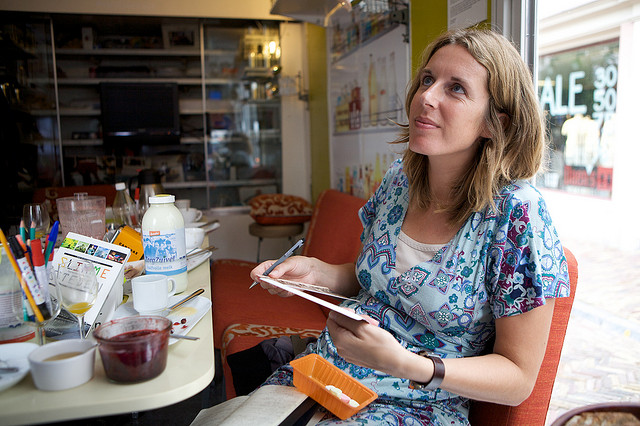
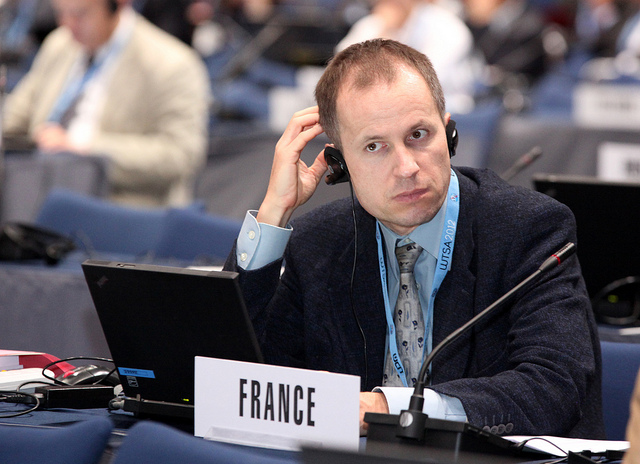
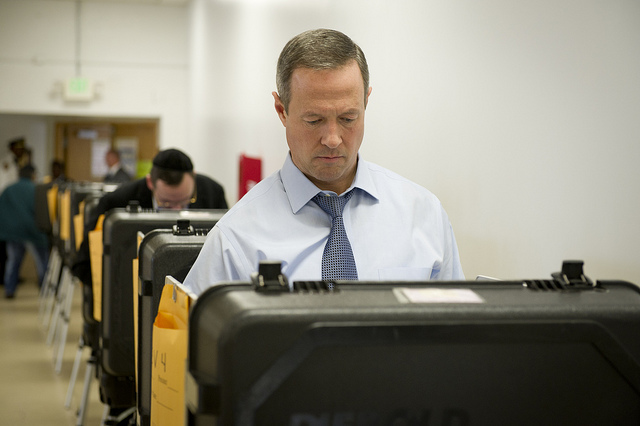
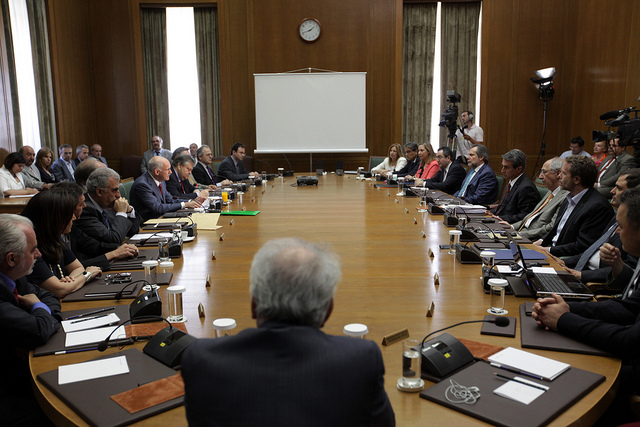




 Democratic Audit's core funding is provided by the Joseph Rowntree Charitable Trust. Additional funding is provided by the London School of Economics.
Democratic Audit's core funding is provided by the Joseph Rowntree Charitable Trust. Additional funding is provided by the London School of Economics.
20 things we learned about democracy in July 2014 : Democratic Audit UK https://t.co/NY9A3oVsc3 ^AZ
Twenty things we learned about democracy in July 2014 https://t.co/d13V6Kw7nw
20 things we’ve learnt about democracy this month. Excellent post from @se_kip @democraticaudit https://t.co/w68Ssdb6mF
20 things we learned about #democracy in July 2014, from our friends at @democraticaudit https://t.co/2CqnactB78
What did we learn about democracy in July 2014? https://t.co/xKVbc05ndN
20 things we learned about democracy in July 2014 https://t.co/2SY8tHYhFz
20 things we learned about democracy this month… great post from @se_kip @democraticaudit. https://t.co/mn4tRQl7iV. Number 4 very strange
20 things we learned about democracy in July 2014 by @se_kip https://t.co/46pd2XScz9
20 things we learned about democracy in July 2014 https://t.co/oB7FpiWLv7